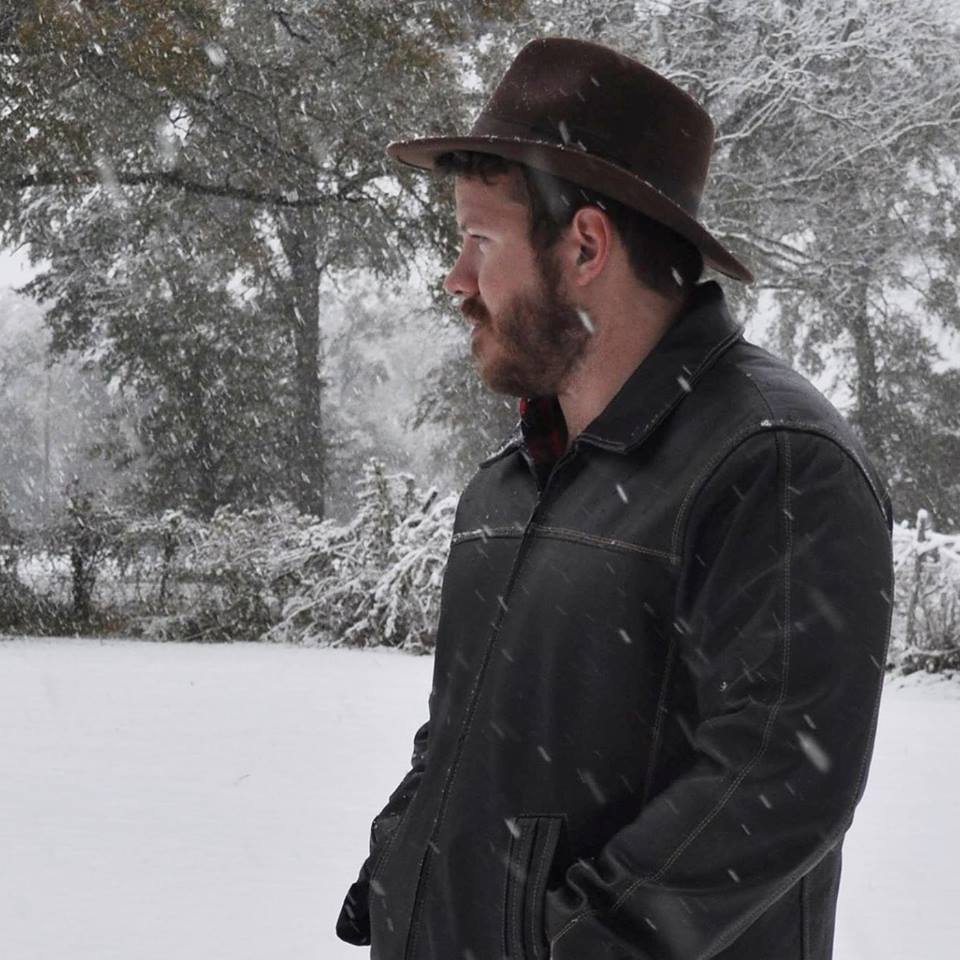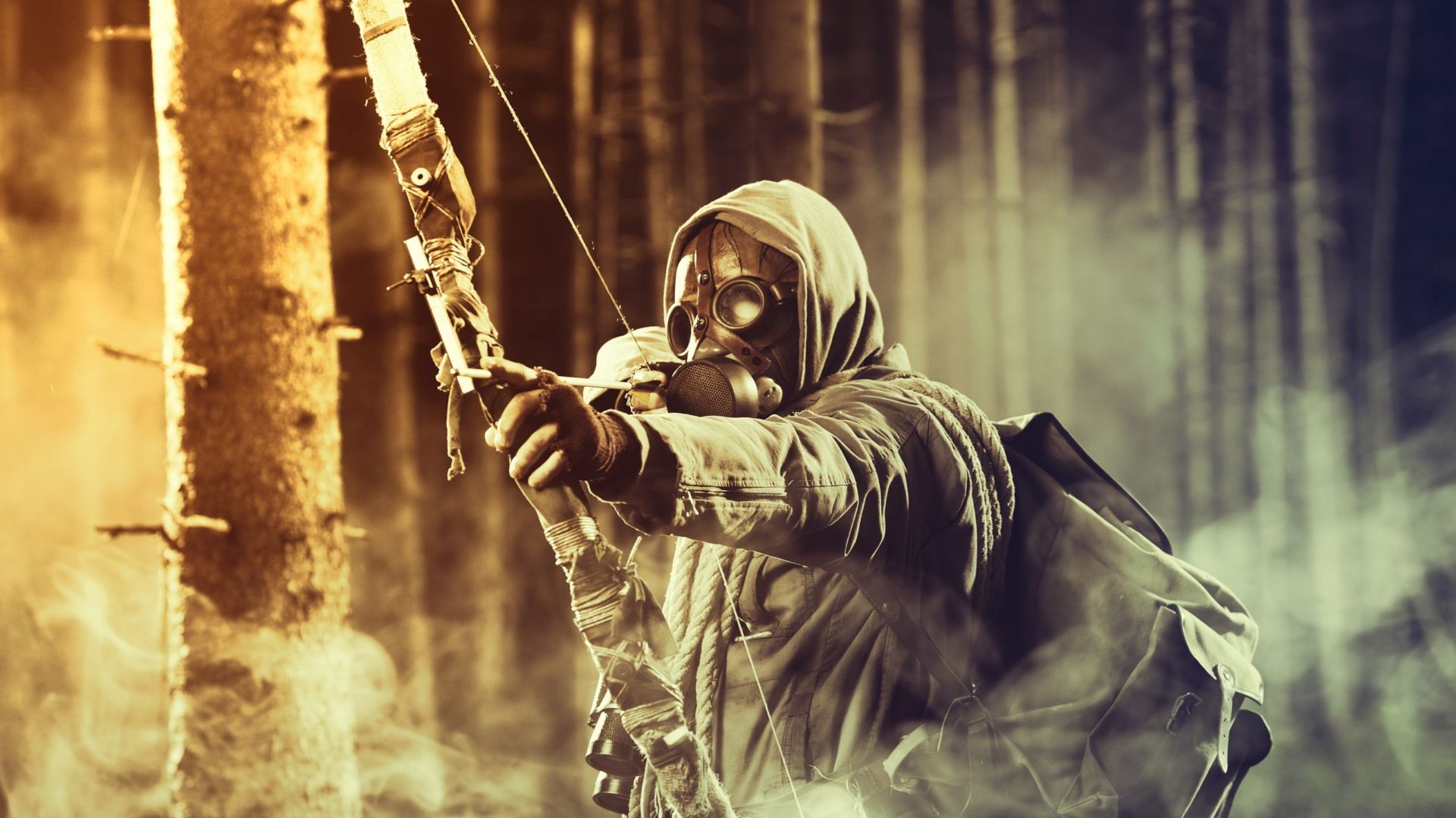Camping can be fun, relaxing, and even educational. But you have to plan accordingly to ensure you have the best trip possible. You have to be prepared to deal with insects, animals, and cold weather. Staying warm while camping is probably your biggest concern if you’re camping in the winter. If you don’t plan accordingly, you could end up freezing and uncomfortable for the duration of your trip.
One of the best camping trips I have ever been on was also the worst because I nearly froze to death. I did a poor job of packing my gear and was not prepared for freezing cold weather. Learn from my mistakes to keep you and your family warm while camping. Try these simple tips for staying warm in the great outdoors.
Invest in a Sleeping Bag That’s Right For The Weather.
If you’re planning on spending any length of time outside during cold weather, invest in a good sleeping bag. A sleeping bag should be rated for temperatures ranging from 20 degrees Fahrenheit (F) to 50 F. It should also be made with materials that will help insulate against moisture.
When purchasing a sleeping bag, look for one that has been tested for use in extreme conditions. You want something that will keep you warm without weighing you down. In addition, you’ll want to avoid synthetic fabrics because they tend to get wet and heavy. Also, keep in mind that you may have to purchase a large sleeping bag if you are taller than average.

Wear layers of clothing.
Layer up! This is one of the easiest ways to stay warm while camping. Start by wearing a base layer such as a T-shirt or sweatshirt. Next, wear a jacket or sweater. Finally, add a hat and gloves.
Layer up! This is one of the easiest ways to stay warm while camping. If you want to be comfortable while camping, you should always keep a few things in mind. First, you should dress in layers. You should wear a base layer such as a T-shirt or sweatshirt. I personally wear an undershirt and tuck it into my underwear to keep cold air out. Next, wear a long sleeve shirt or sweater. Finally, put on a hat and gloves. The key here is to keep yourself covered from head to toe. You can then wrap up in your sleeping bag with an extra blanket to seal in your body heat.
A good rule of thumb is to add one layer of clothing for every degree below freezing. So if it’s -10 degrees Fahrenheit, you’ll need three layers of clothes. This will help prevent hypothermia.
Sleep with multiple sleeping pads
If you’re going to sleep outside, make sure you bring at least two sleeping pads. One should be thick enough to provide insulation against cold temperatures. Another should be thin so you can roll out of bed easily. The more space you create between you and the ground the better.
Add a blanket to your sleeping bag.
Adding a thick blanket to the inside of your sleeping bag does an amazing job of keeping you warm. I’ve used this method often and gotten great results. I rarely camp when it is freezing, but always bring additional blankets when I do.
The best thig about adding a blanket to your sleeping pad is that it keeps you warmer than if you were to sleep directly on the ground. If you’re going to be spending a lot of time outside, then you should definitely invest in a quality sleeping bag. Sleeping bags come in different sizes, from children’s sizes to adult sizes. You want to choose one that fits well and is comfortable and has extra room. A sleeping bag that is too big will cause you to sweat, which will keep you cold at night. On the other hand, a sleeping bag that is too small will leave you feeling chilly.
Wear a sock hat to bed.
Sock hats are perfect for locking in your natural body heat when camping in cold weather. Don’t think you have to take it off when you sleep. A warm sock hat is one of the most important ways to keep your head warm in freezing weather. It can get extremely cold in a tent and a sock hat will make a huge difference. You can even wear a neck gaiter to cover your neck and chest.
Use heated bottles in your sleeping bag.
This may sound silly but it makes a huge difference and can help circulate heat. Many campers will tell you to put it at your feet but you will generate more heat if you put it near your groin area. You can use multiple bottles to warm up sections of your sleeping bag to keep you warm all night.
Keep your tent dry.
Hopefully you have a tent that doesn’t leak and will keep you dry while you camp. It’s always a good idea to use a tent cover for extra protection and to choose a clean spot to set up your campsite. I try to use trees as protection from rain. A dry tent will help you stay warm and healthy when cold weather camping.
Electric hand warmers.
There is nothing wrong with using technology to keep warm in the outdoors. I routinely use electronic hand warmers, heated vests and gloves. It can get really cold at night and electronic hand warmers last a long time from one charge and keep your fingers mobile so you can use them.
Eat warm food and drink hot beverages.
I bring a Stanley thermos nearly everywhere I go, especially when winter camping. A sturdy thermos can keep liquids and food warm for over a day. You may not always have time to build a fire to cook hot foods. A thermos can provide a few warm sips of soup or hot cocoa before bed to keep you toasty.
Insulate your tent.
You can insulate your tent with fitted tent carpet, rugs, towels, rags, or other materials to keep the cold out. It won’t take much to make a difference and you can make your tent comfortable and stay off of the ground. I’ve insulated my tent before and it was incredibly easy to do.
Go to bed warm.
Warming up by the campfire will help you sleep better and retain as much heat as possible. You don’t want to lay down cold if you can help it. Warm your entire body front and back to soak up as much heat as possible before bed time.
What I Wouldn’t Recommend:
Heaters.
I know many people will say that it is perfectly safe to use a heater in your tent, but I don’t recommend it. You can accidentally start a fire or you could expose yourself to danger by using a gas heater. In fact, you should never use a gas heater in an enclosed space such as a tent.

Jerome is an avid outdoorsman who moonlights as an attorney when he’s not creating the world’s greatest online content.
Related posts:
- The Best Camping Gear Essentials of 2022 […]...
- The Best Camping Foam Pads of 2022 […]...
- Must Have Gear for Camping at Night […]...
- How To Dress For A Winter Hunt […]...
- The Pendleton Yakima Camp Blanket […]...
- 5 Tips for Choosing the Right Hiking Gear […]...
- Camping On The Beach – How To Do It Right […]...
- Best Camping Cots of 2022 […]...
- The 9 Best Camping Hammocks of 2022 […]...
- 9 Best Sleeping Bags of 2022 […]...
- First Aid Kit Checklist for Camping […]...
- Best Neck Gaiters for All Seasons for Men, Women & Kids […]...


